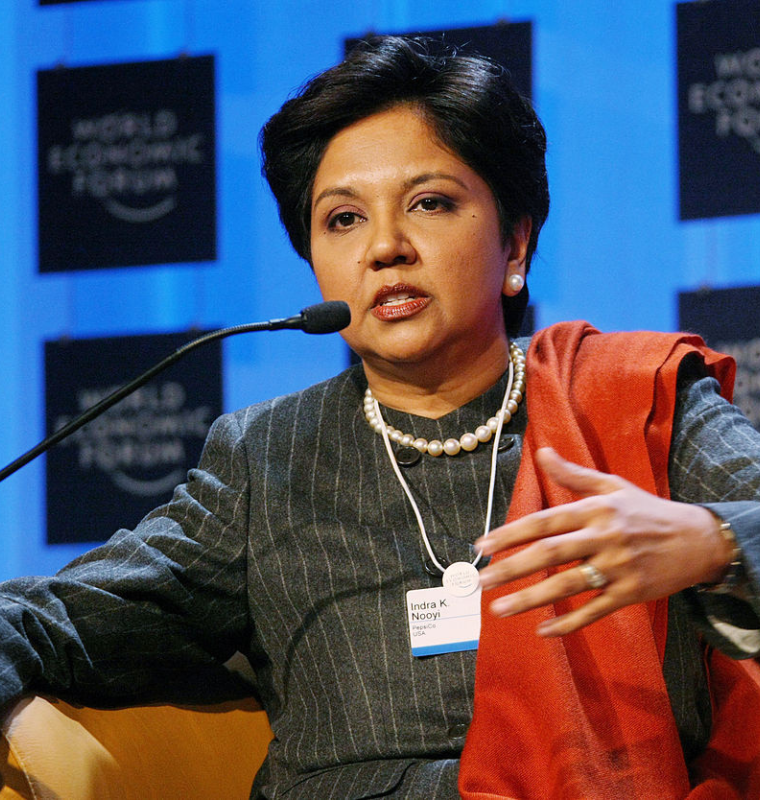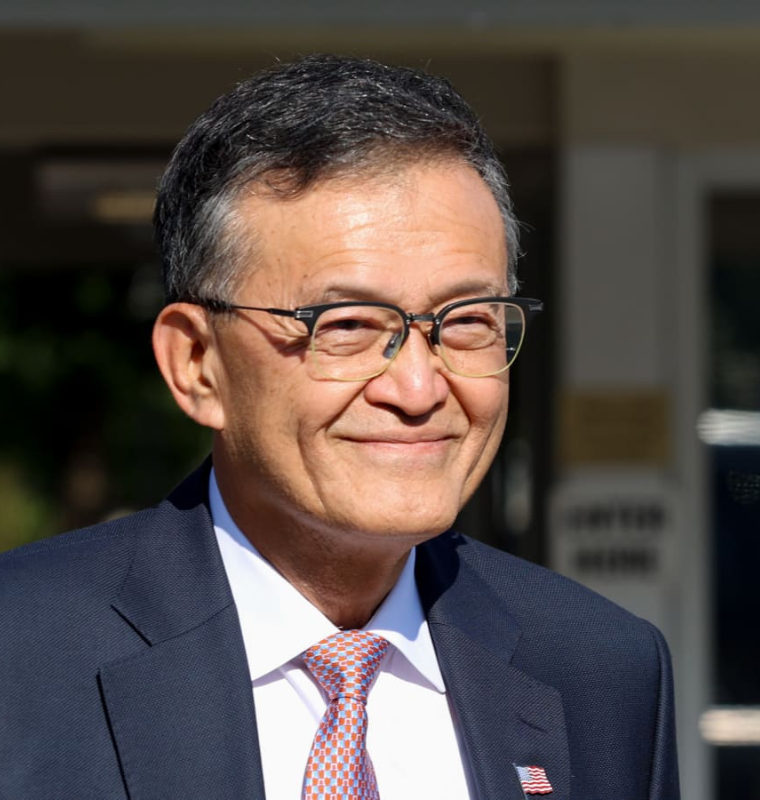Global Investment Plunges to Financial Crisis Levels, UN Warns in Stark Economic Outlook
Global Investment Plunges to Financial Crisis Levels, UN Warns in Stark Economic Outlook
By
Leah Rosenfeld
Last updated:
June 19, 2025
First Published:
August 3, 2025

Photo: Serrari Group
UN Sounds Alarm as Global Investment Activity Drops to Crisis-Era Lows
The global investment landscape has sharply deteriorated in 2025, falling to levels not seen since the 2008 financial crisis, according to the latest World Investment Report from the United Nations Conference on Trade and Development (UNCTAD). The report paints a bleak picture of foreign direct investment (FDI), cross-border mergers and acquisitions (M&A), and project financing as mounting geopolitical tensions, trade policy uncertainty, and financial market volatility stall global capital flows.
Richard Bolwijn, head of UNCTAD’s Investment Research Branch, described the current downturn as the worst in over a decade. “Basically, the M&A market is back to global financial crisis levels,” he stated, noting that nearly every key economic indicator feeding into global investment projections — including GDP growth, capital formation, exports, exchange rates, and investor sentiment — has been downgraded since the start of the year.
Trade Tensions and Tariffs Drive Investment Paralysis
At the core of this steep decline lies escalating global trade tensions. As governments worldwide — including the United States under President Donald Trump’s continued protectionist policies — introduce new tariffs and revisit trade agreements, multinational corporations are increasingly cautious about committing to long-term investments.
“Companies were actively diversifying supply chains beyond China after the pandemic, but now with heightened tariff risks, many are simply pausing expansion plans,” Bolwijn explained. The first quarter of 2025 showed record lows for both cross-border M&A deals and greenfield investment announcements. UNCTAD estimates that between $100 and $200 billion worth of projects globally could face delays, creating a lasting gap in capital flows.
Even if clarity on trade policies emerges, Bolwijn warned that much of the lost momentum will be difficult to recover quickly, as investor confidence has already been severely shaken.
Sharp Declines in Foreign Direct Investment Globally
The report shows that global FDI contracted for the second consecutive year. In the least developed countries (LDCs), where infrastructure and development funding are most needed, international project finance — which makes up a significant portion of FDI — slumped by 26% in 2024 alone, extending sharp declines from the previous year.
Uncertainty around interest rates, currency fluctuations, and financing conditions have further tightened access to capital, hitting vulnerable economies the hardest.
Regional Winners and Losers
Despite the global downturn, some regions managed to attract stronger investment flows:
- Africa: FDI surged 75% to a record $97 billion, driven primarily by a single large sovereign wealth fund deal from the UAE into Egypt. Even without this transaction, Africa posted a 12% increase to $64 billion.
- Developing Asia: ASEAN countries saw FDI climb 10% to $225 billion, as investors continued to diversify supply chains within Asia.
- China: After years of steady FDI growth, China’s foreign investment intake has now dropped sharply for two consecutive years. FDI into China declined 29% last year and has fallen by roughly 40% from its peak just two years ago.
- South America: The region saw FDI decline 18%, while Brazil — the continent’s largest FDI recipient — registered an 8% decrease.
- India: FDI declined by a modest 2%, reflecting the country’s ongoing efforts to attract more manufacturing investment despite global volatility.
- Latin America and the Caribbean: FDI dropped 12%, largely due to falling energy prices that have reduced the attractiveness of extractive sector investments.
Sustainable Development Goals Face Alarming Shortfall
Perhaps the most troubling aspect of UNCTAD’s findings is the severe drop in FDI aligned with sustainable development goals (SDGs). Global investment in energy and gas supply fell 28% while renewable energy project financing contracted 16%.
“This trend comes at a time when the world can least afford to fall short,” the report emphasized. With the global push to meet climate goals and energy transition targets, this drop poses a major risk. “Reversing this negative trend will require not only more public and private capital but also stronger alignment of investment with long-term sustainability objectives,” the report urged.
Shifting Toward Digital Infrastructure — But With Limited Impact
One bright spot in the report is the growing flow of FDI into the digital economy. Investment in data centers, semiconductor manufacturing, and digital infrastructure is expanding rapidly — particularly in the U.S., India, and parts of Asia.
“Digital economy investment is the fastest-growing segment worldwide, even in developing countries,” Bolwijn noted. However, he cautioned that many of these projects are “asset-light,” meaning they contribute less to total FDI tallies on the balance of payments but could still create valuable development opportunities through technological capacity-building and employment.
The Structural Shift: From Global to Domestic and Nearshore
The ongoing decline in cross-border mergers and acquisitions signals a broader structural shift toward domestic and regional investment strategies as companies prioritize proximity, resilience, and regulatory predictability over global expansion.
“Companies are not necessarily pulling out of markets like China,” Bolwijn explained. “But when expanding or creating new facilities, they’re now factoring in trade costs more carefully, often favoring locations that minimize tariff exposure.”
A Difficult Road Ahead for Global Investment Recovery
With global economic growth slowing, financial markets jittery, and trade policies increasingly unpredictable, UNCTAD warns that the investment outlook for 2025 remains fragile. For developing nations — especially those reliant on foreign capital for industrialization, infrastructure, and sustainability transitions — this prolonged FDI slump could have lasting consequences.
“The pullback in FDI affects developing countries' ability to integrate into global value chains and expand their manufacturing base,” Bolwijn concluded.
UNCTAD’s report underscores that while targeted digital investments offer promise, reversing the broader decline in global investment — particularly in sectors critical to sustainable development — will require concerted policy action, greater public-private collaboration, and renewed global economic stability.
Popular articles
Subscribe to unlock premium content
Indra Nooyi’s Strategic Vision at PepsiCo: Balancing Profitability with Purpose

Nike’s Direct-to-Consumer Revolution: How Cutting Retailers Boosted Profits and Control

Spotifys Playlist Power Turning Music Curation Into An Advertising Goldmine

Indra Nooyi’s Strategic Vision at PepsiCo: Balancing Profitability with Purpose

Nike’s Direct-to-Consumer Revolution: How Cutting Retailers Boosted Profits and Control

Indra Nooyi’s Strategic Vision at PepsiCo: Balancing Profitability with Purpose









